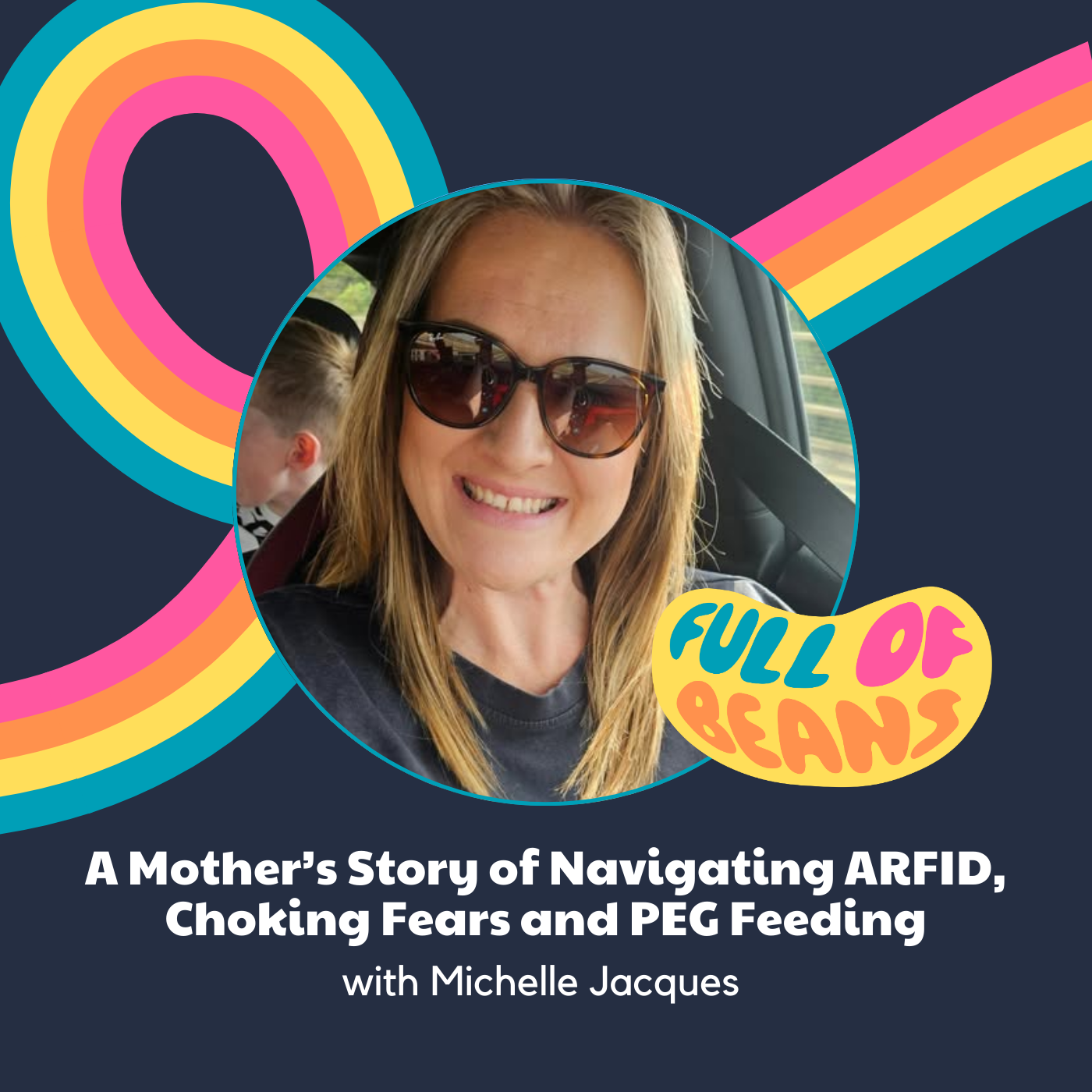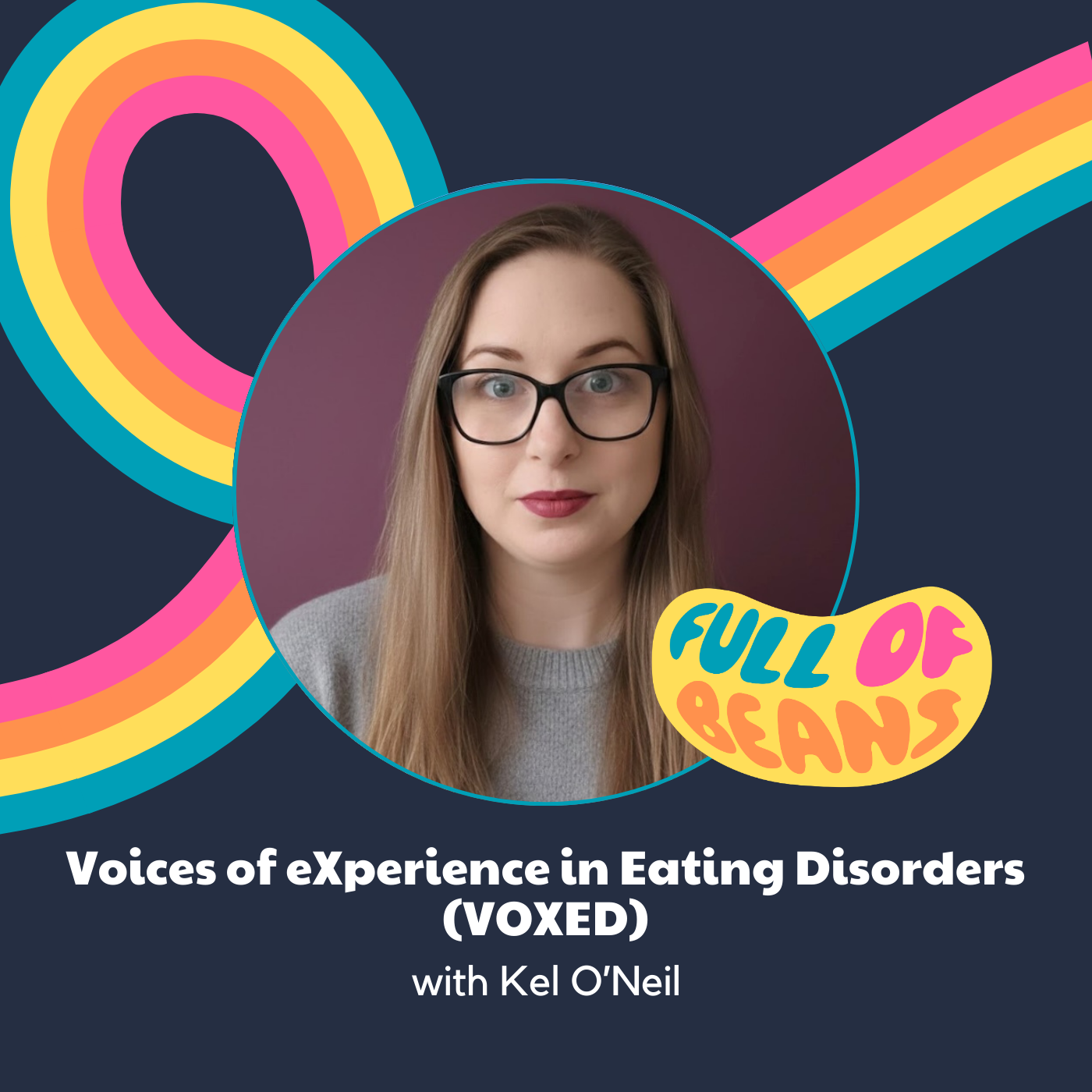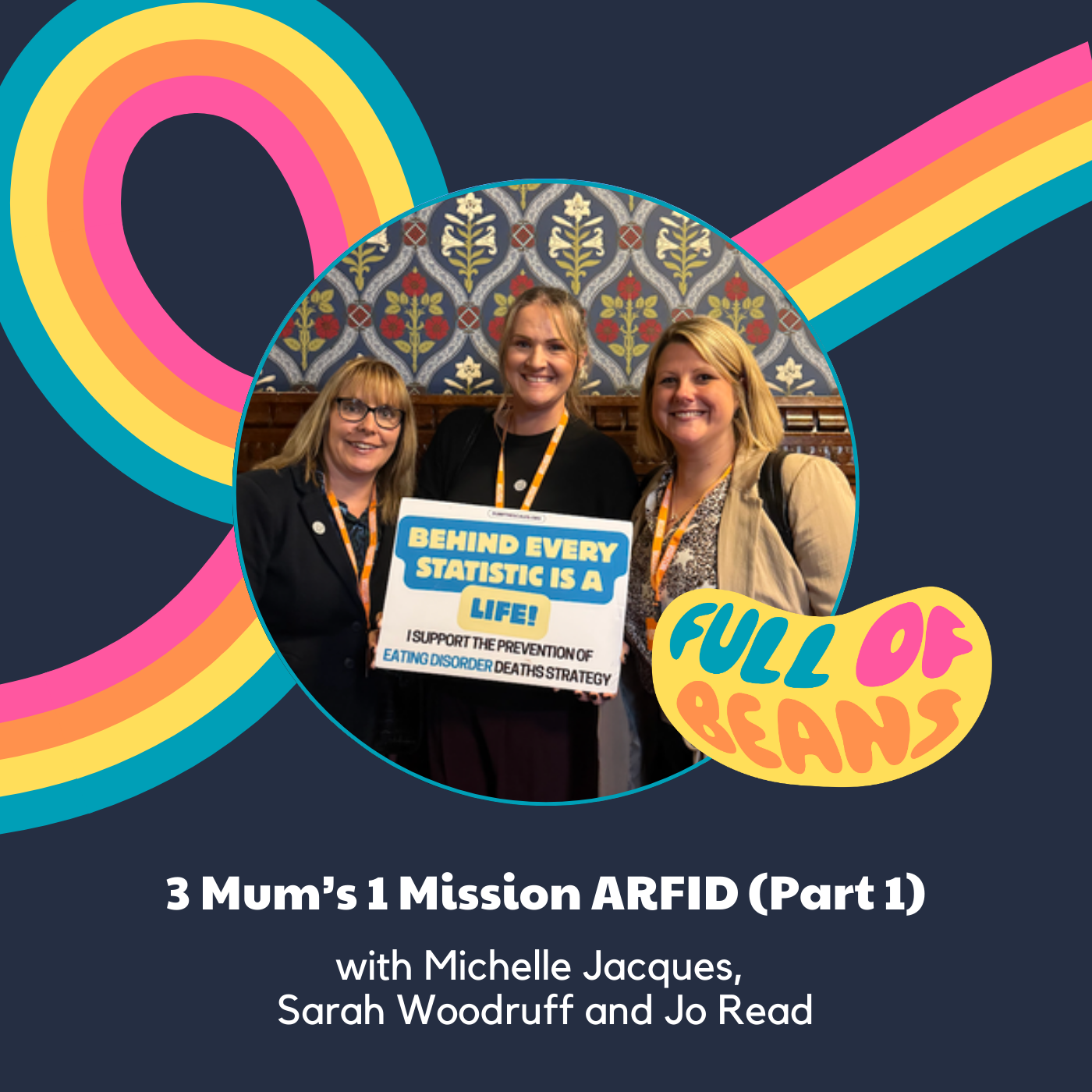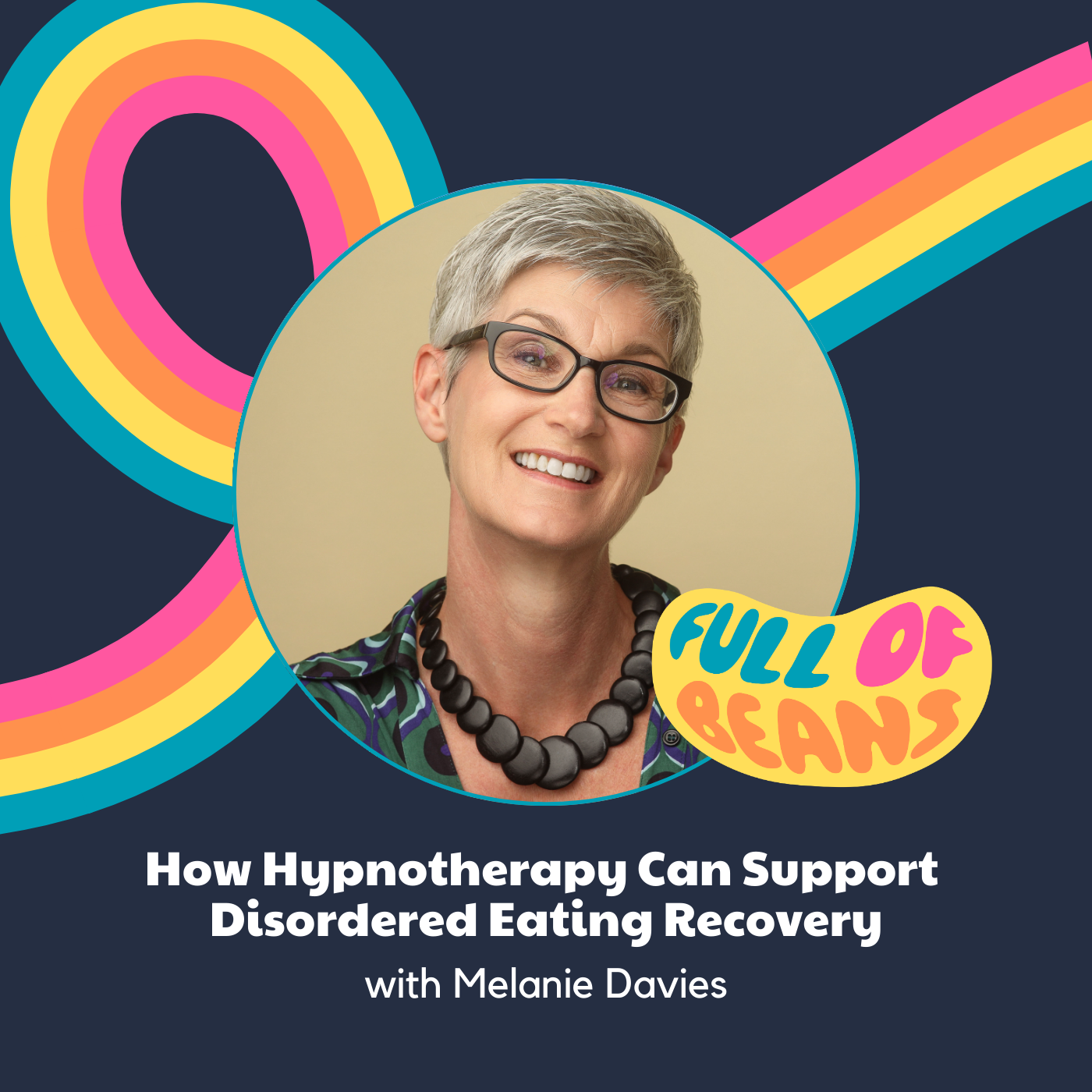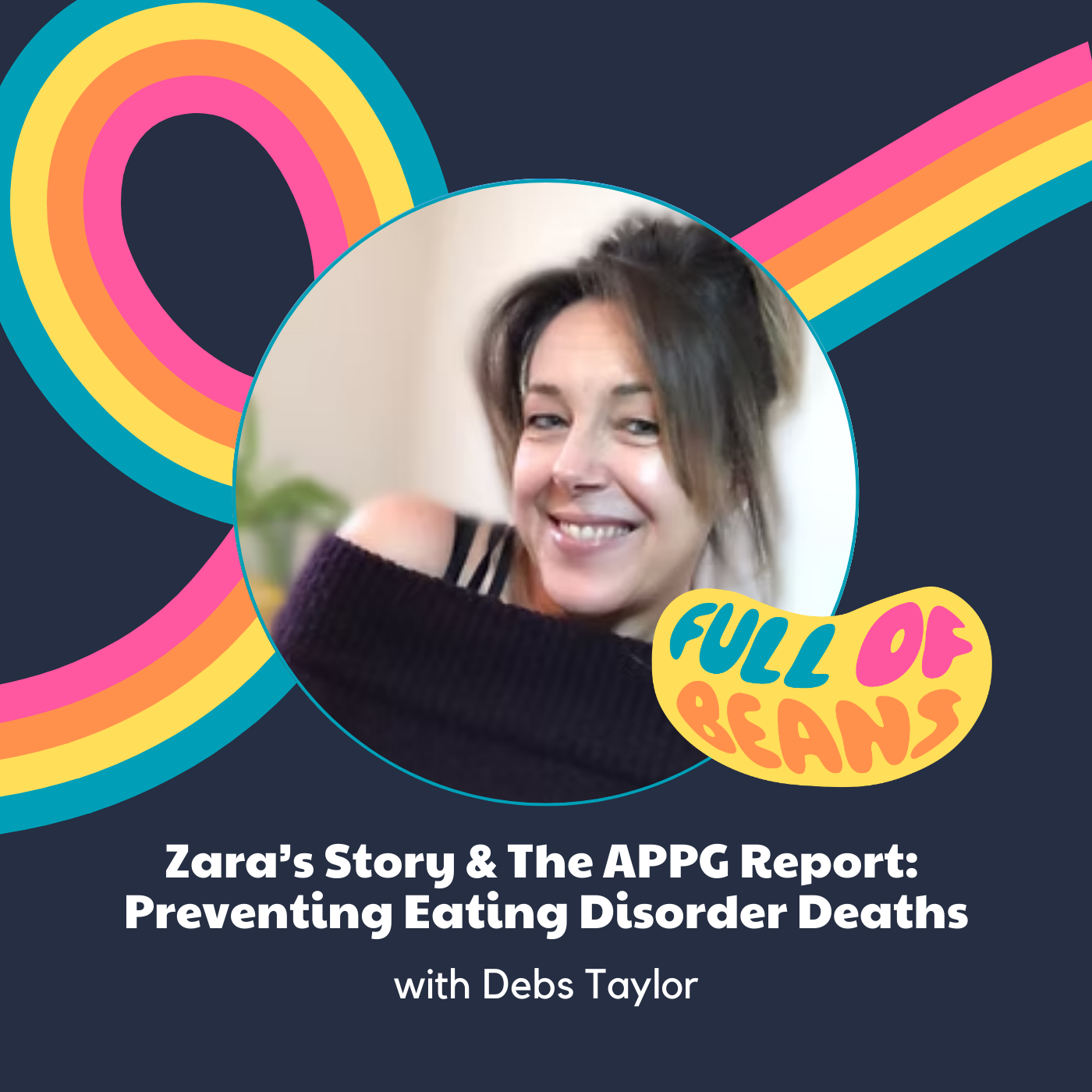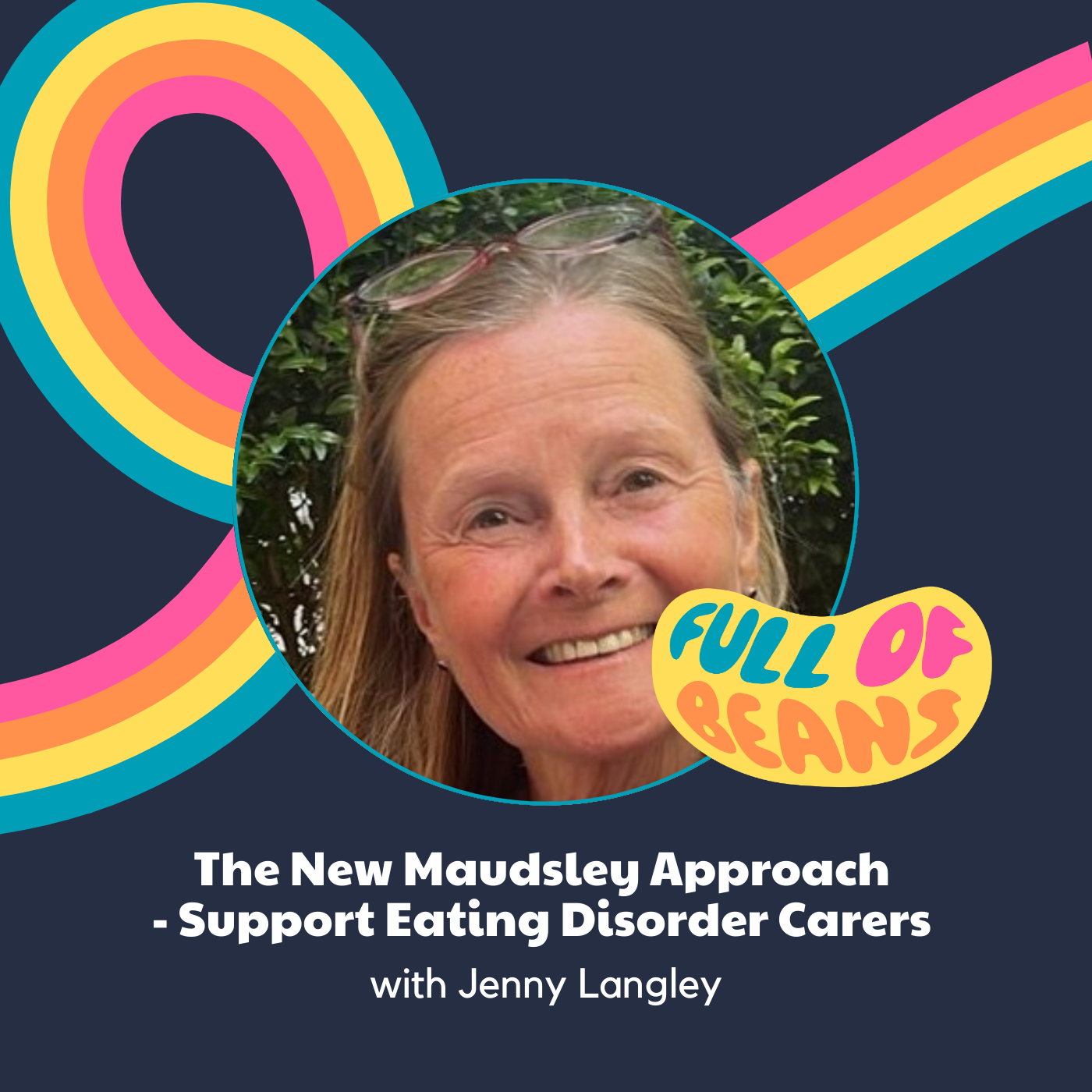Using Non-Violent Resistance in Supporting a Loved Ones Recovery with Julie & Fleur
This week, Han is joined by Julie and Fleur to discuss Non-Violent Resistance (NVR) in eating disorder recovery. Fleur, a mum of two, shares her experience using NVR to support her daughter through anorexia recovery with kindness and compassion. She highlights the importance of self-care and nurturing the parent-child relationship to help her daughter reconnect with the family instead of retreating into the disorder.
Julie, a family therapist in a CAMHS Eating Disorders Team, has been using NVR since being inspired by parents' stories at a 2011 conference. With a passion for NVR, Julie shares how its principles guide her as both a therapist and parent, offering valuable insights for families supporting a loved one.
This week, we discuss:
- What Non-Violent Resistance (NVR) is and how it supports individuals and families facing mental health challenges.
- Using NVR to help parents manage emotions and conversations with a loved one struggling with an eating disorder.
- The role of self-care and reconciliation gestures in reconnecting with a loved one.
- The value of external support and how it can differ based on individual needs.
- Strategies for managing frustration when a loved one isn’t engaging in recovery.
- Navigating difficult conversations about eating and treatment without feeling misheard or upset.
- How to seek support from others, like schools, and what to request.
- The importance of modeling a fulfilling life to help a child distance themselves from their eating disorder.
- Rebuilding trust and navigating the festive season with your child.
To find out more about NVR you can check out the following:
Please note that this podcast explores topics some individuals may find difficult to hear and should not be used as a replacement for professional advice. If you need further support after this podcast, please consider talking to someone you trust. You may also wish to reach out to your GP or mental health professional.
We've included a list of additional support options in case you need them:
Samaritans are here for whatever you are going through. You can call free any time, from any phone, on 116 123.
FirstSteps Eating Disorders is an eating disorders charity for children and their families, young people, and adults affected by eating difficulties and disorders. You can call them on or email info@firststepsed.co.uk.
Beat Eating Disorders is an eating disorder charity offering support for those with or supporting someone with an eating disorder. You can call their helpline for free on 0808 801 0677 (England), 0808 801 0432 (Scotland), 0808 801 0433 (Wales), 0808 801 0434 (Northern Ireland).

